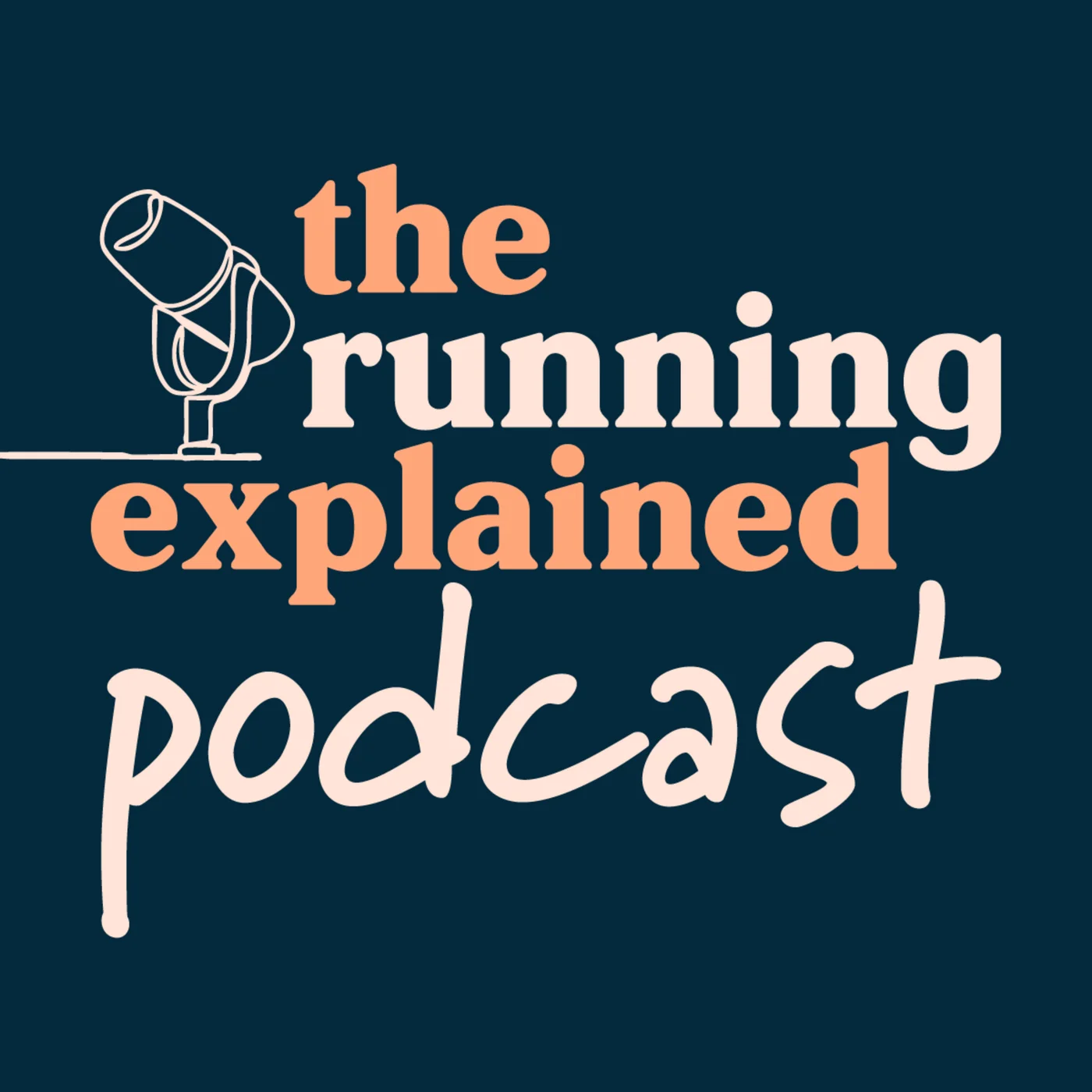Hosted by multi-certified run coaches and fitness professionals, Amanda Katz and Nick Klastava, The Running Explained Podcast is your go-to resource for actionable insights, expert tips and motivating advice to help you become the best runner you can be. We take a science-backed approach to running and fitness, offering practical strategies for athletes at all stages of their journey. Whether you're struggling with injury, wondering how to fuel your long runs or trying to nail your race day strategy, we've got you covered with expert interviews, listener questions and so much more.

